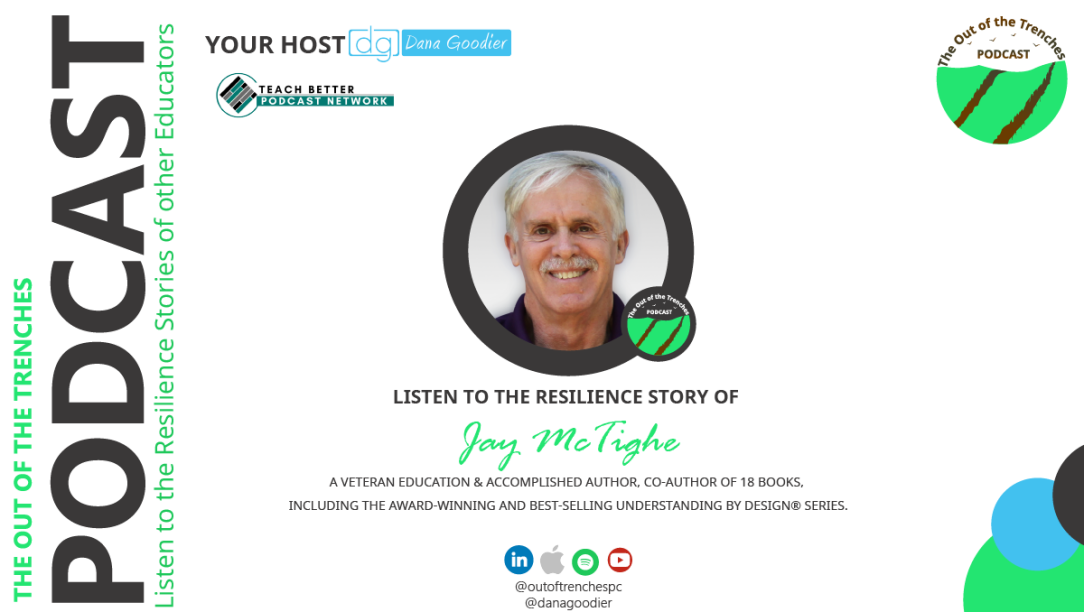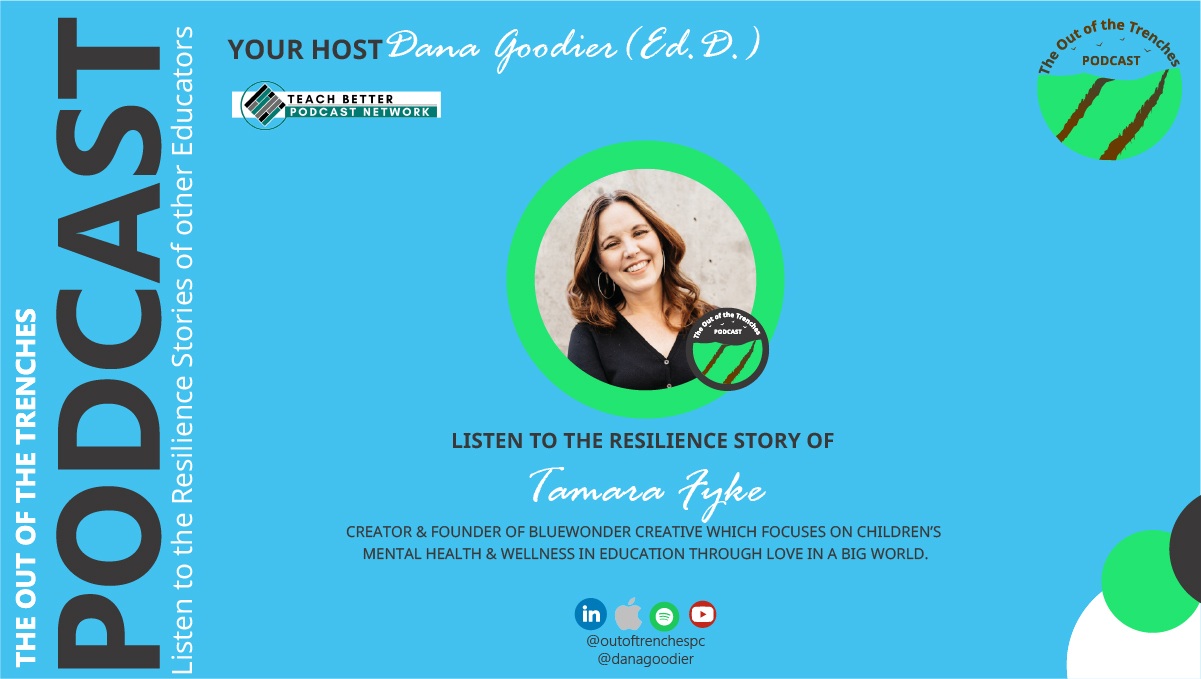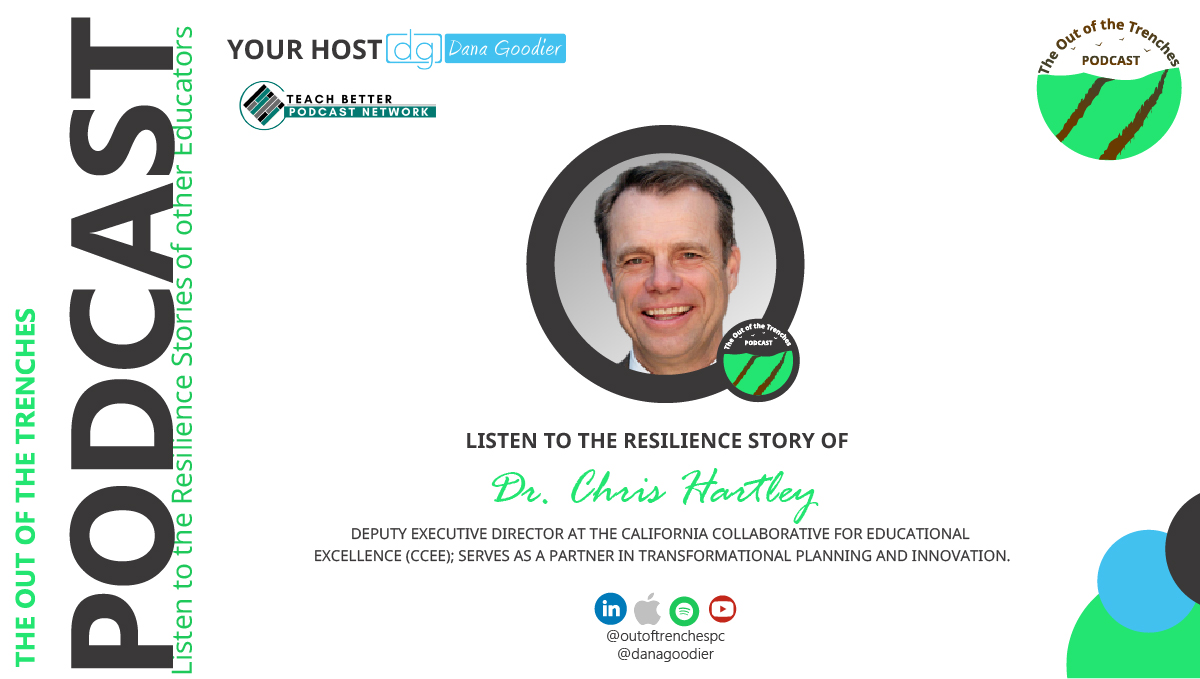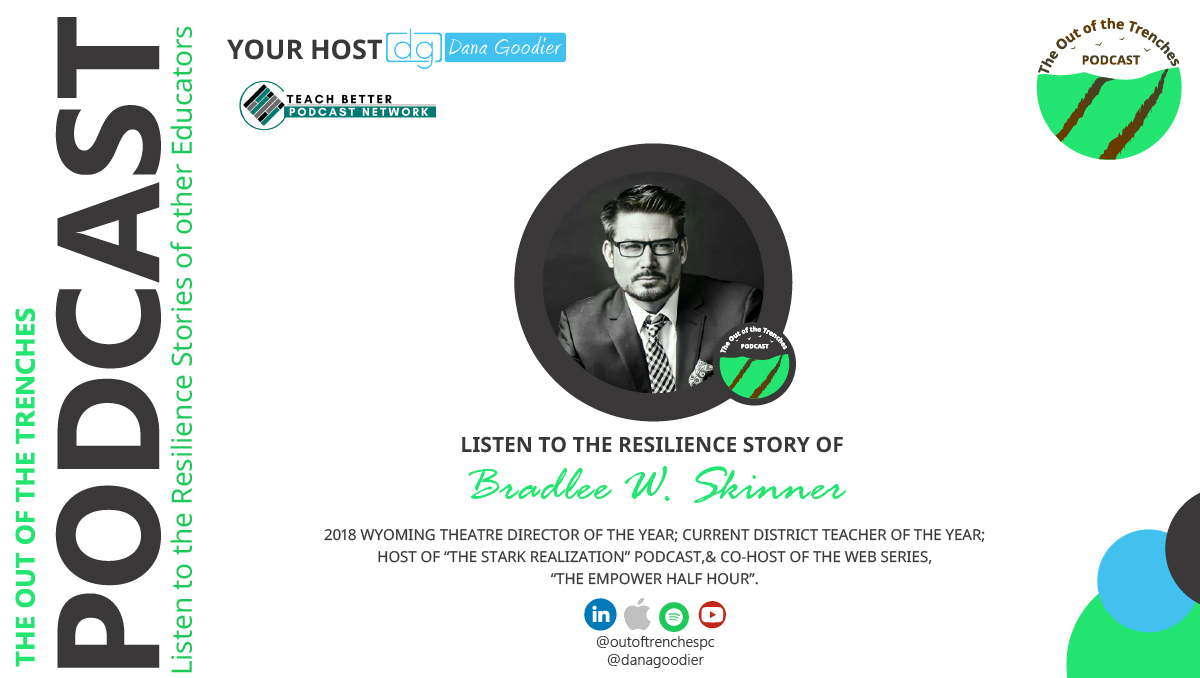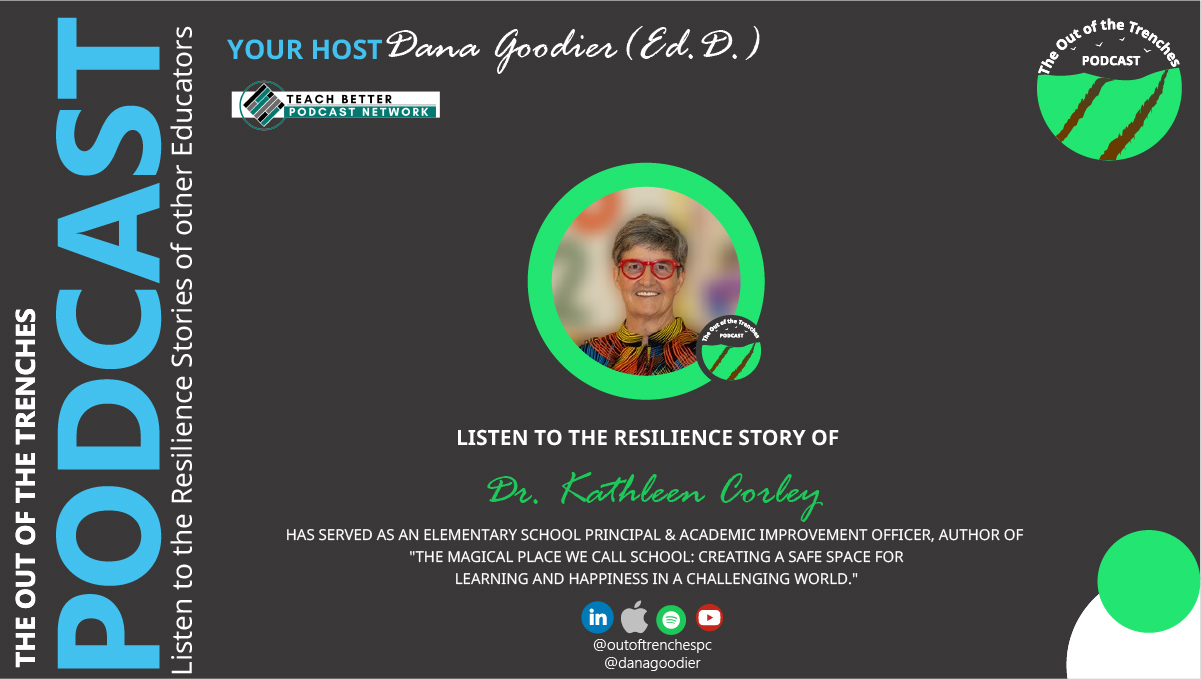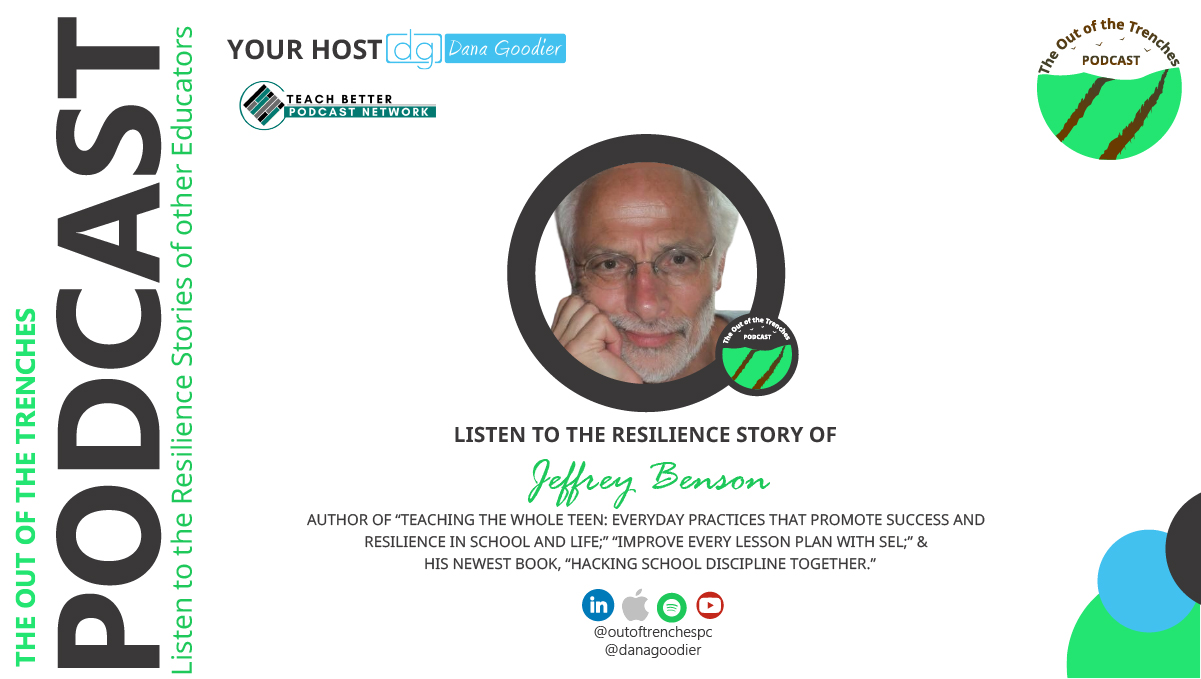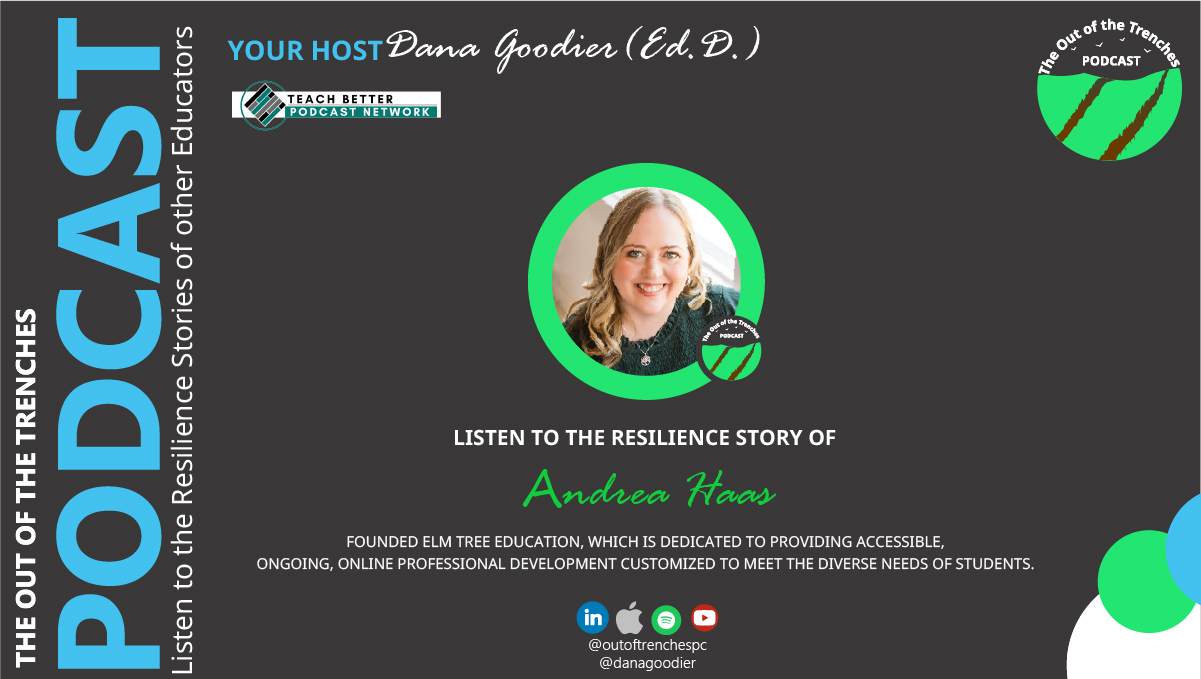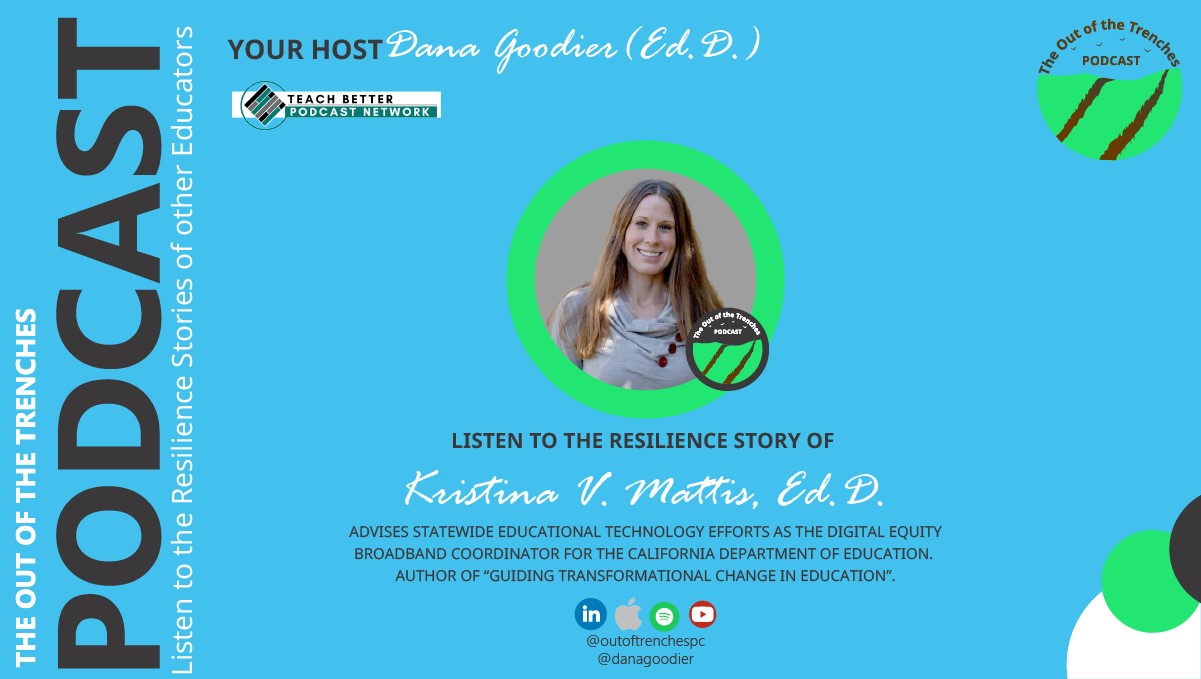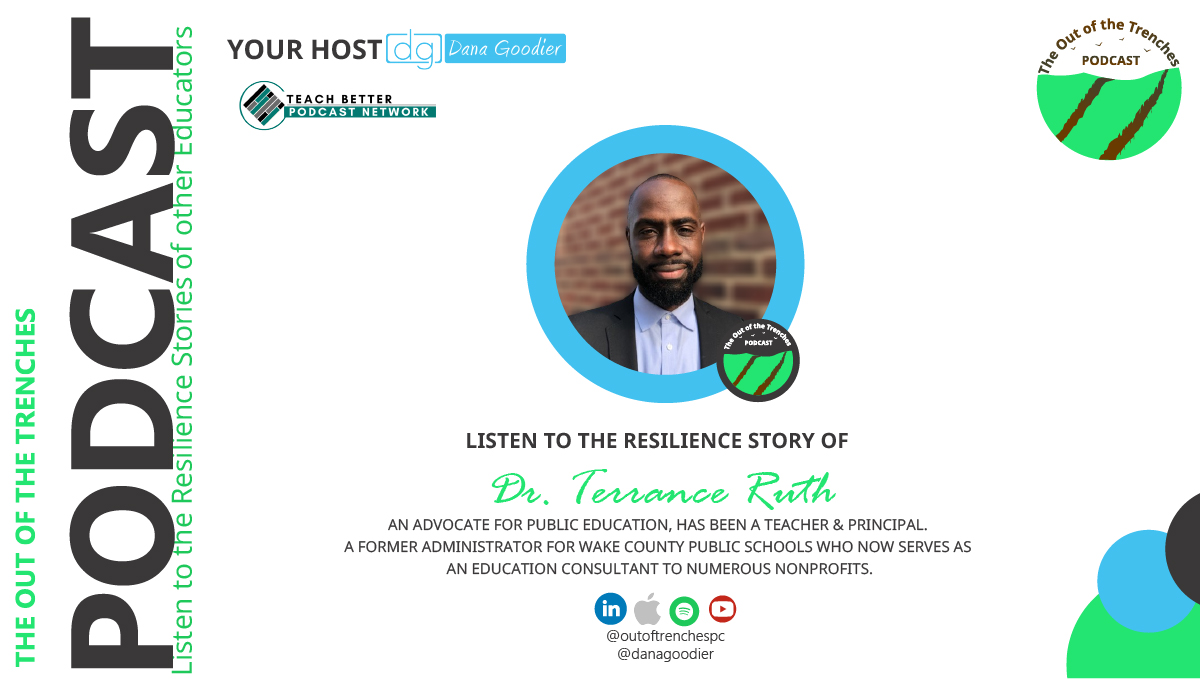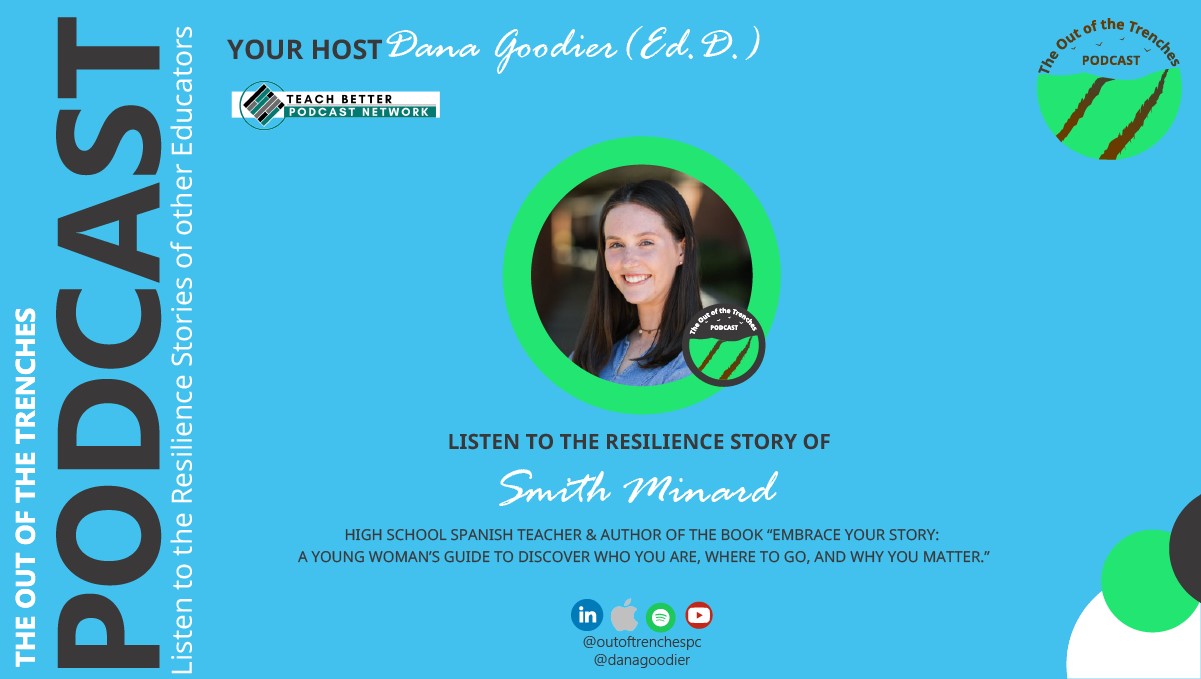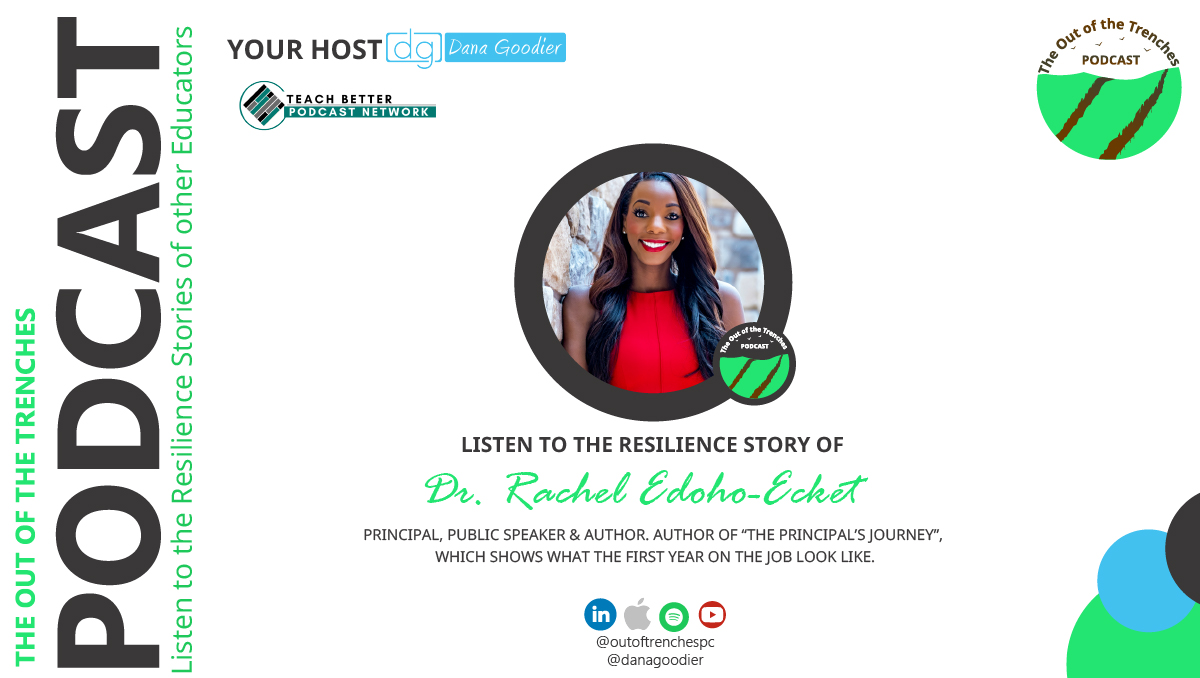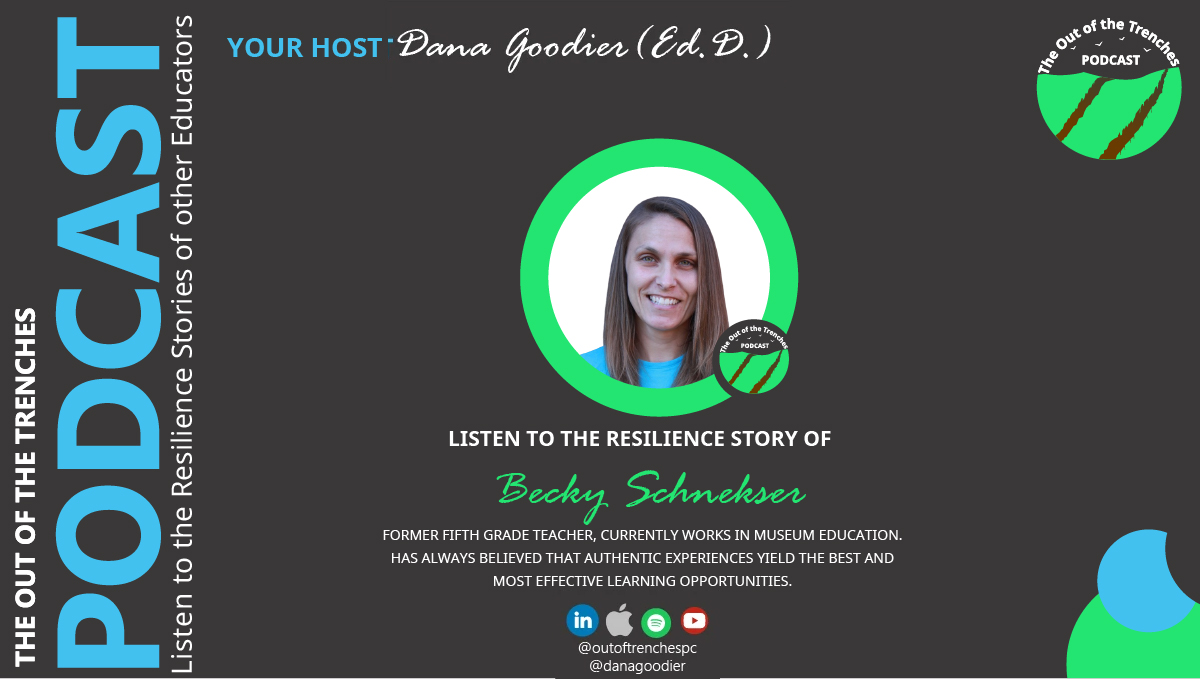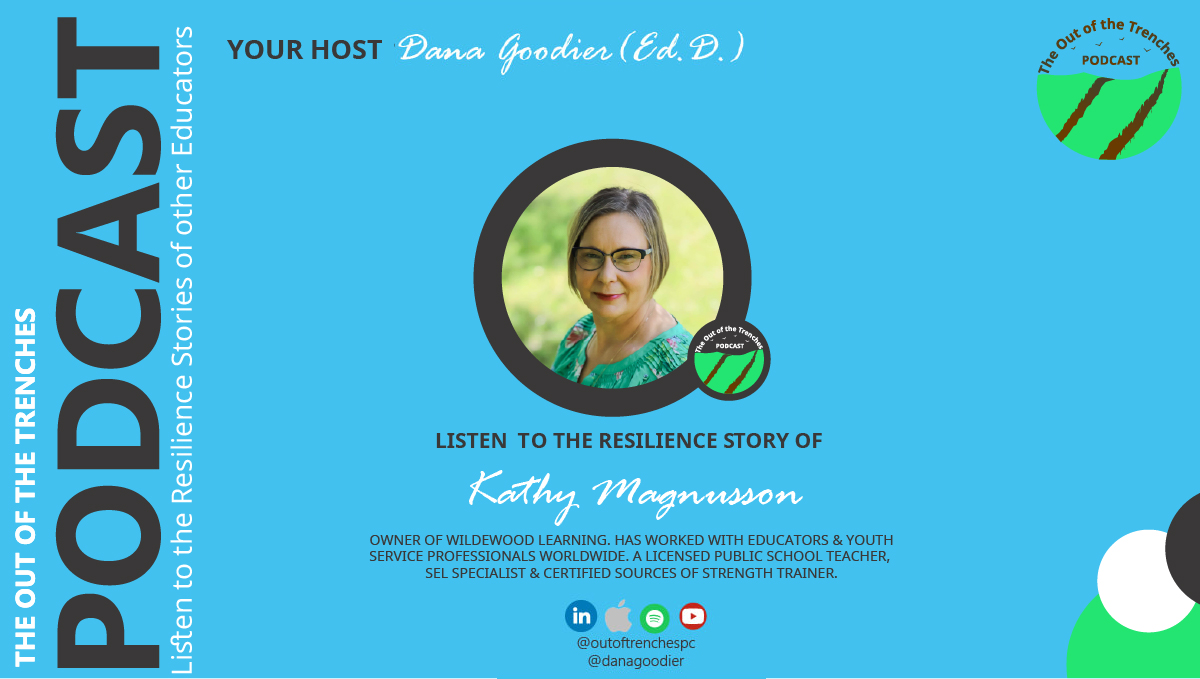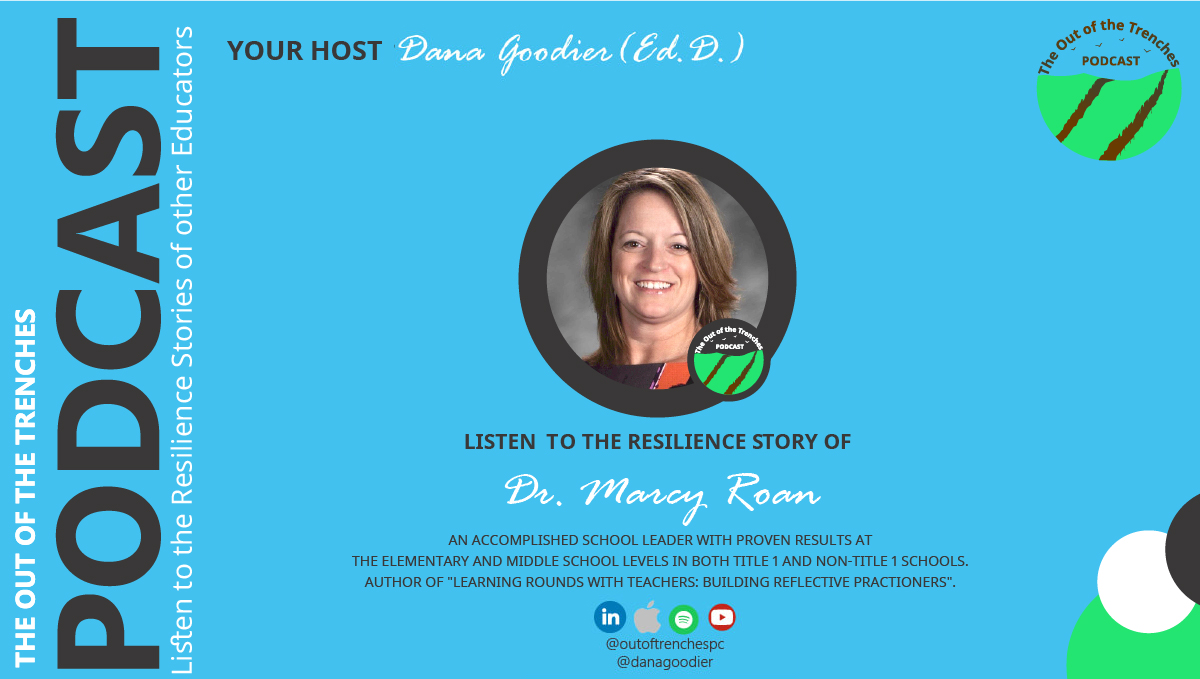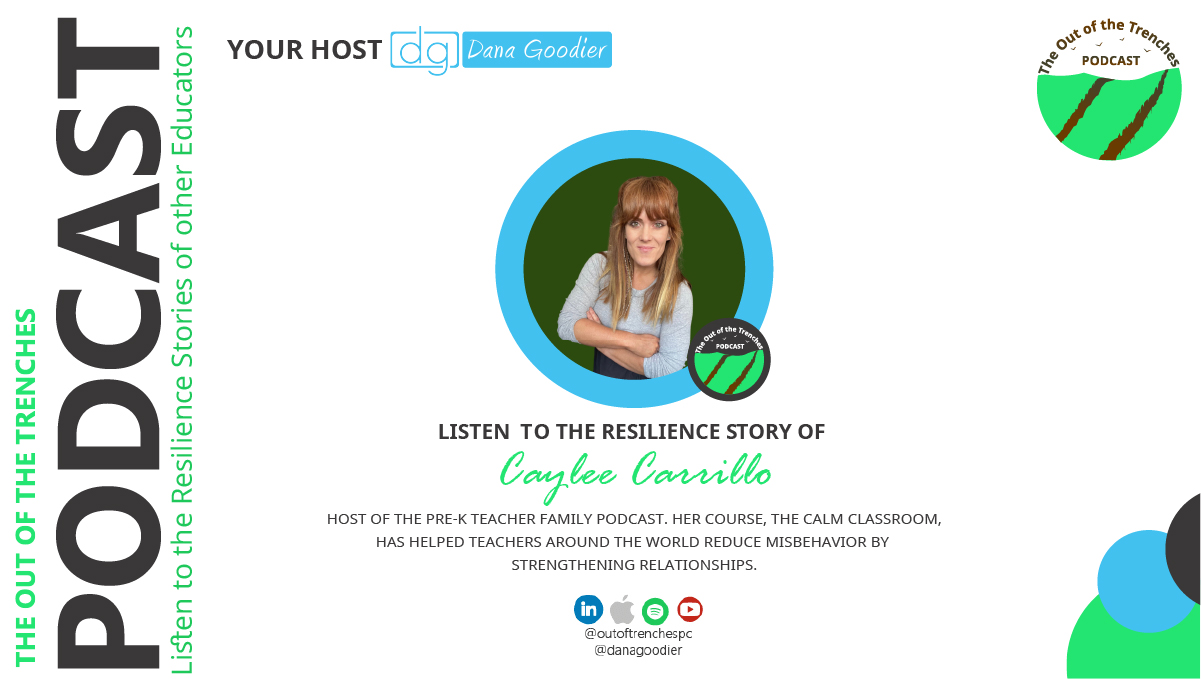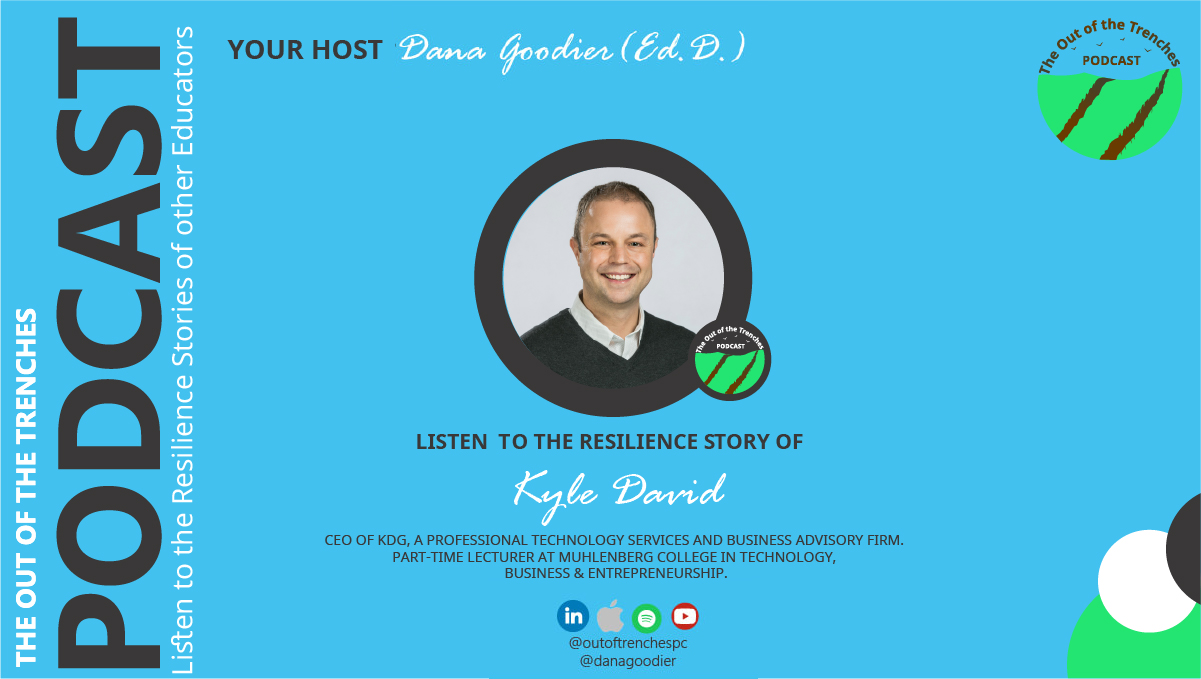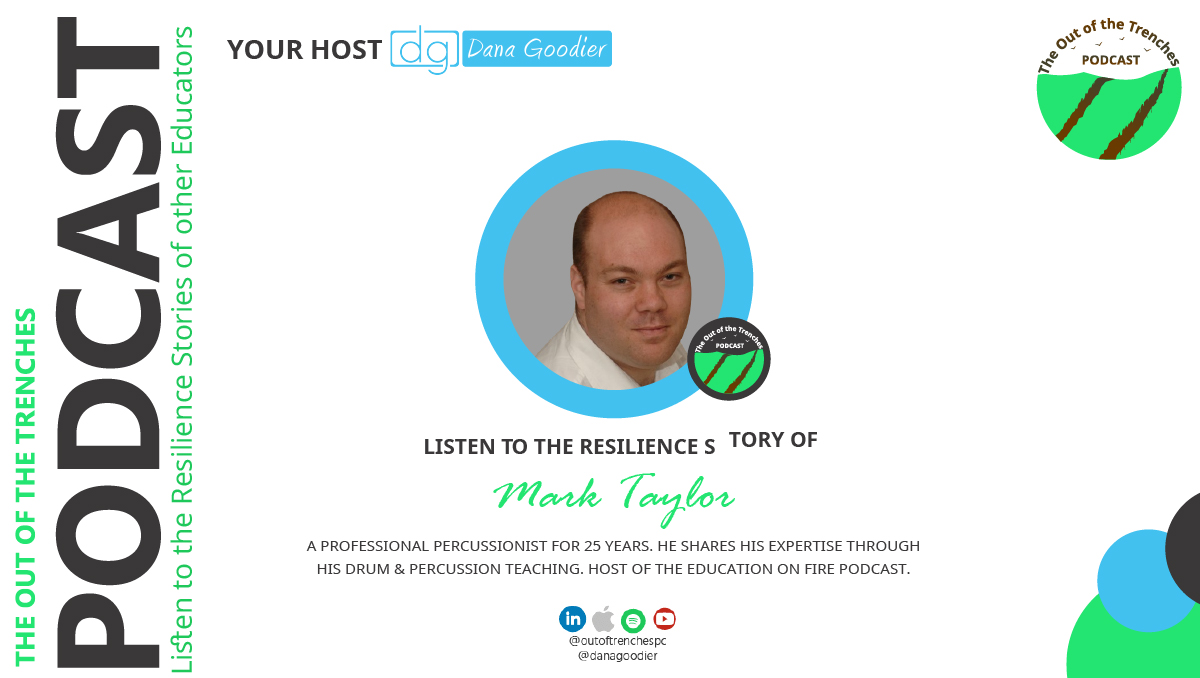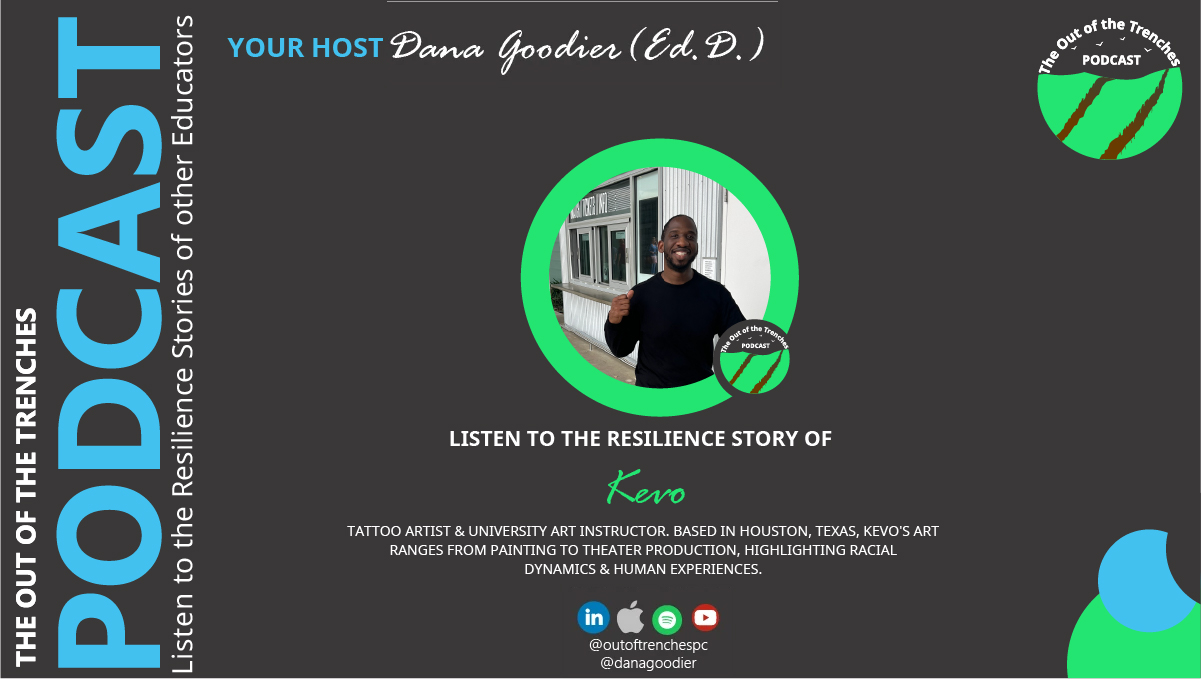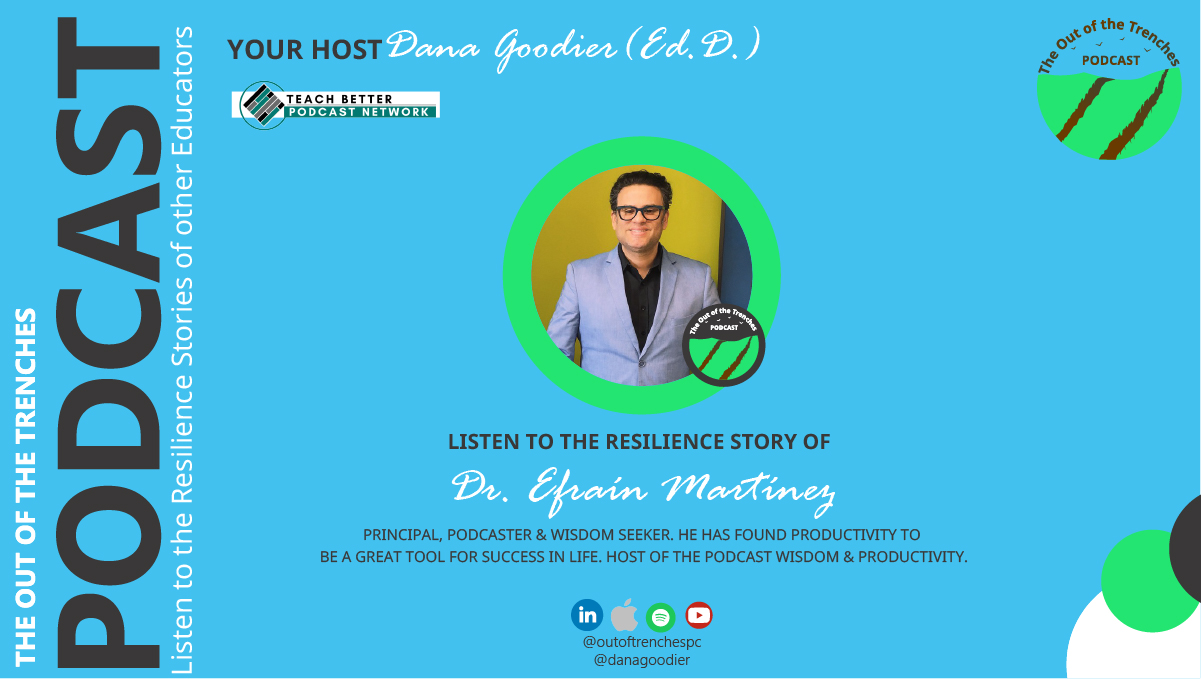Jay McTighe is a veteran education and accomplished author, having co-written 18 books, including the award-winning and best-selling Understanding by Design® series with Grant Wiggins. His books have been translated into fourteen languages. Jay has also written more than 50 book chapters, articles and blogs, and been published in leading journals, including Educational Leadership (ASCD), Edutopia and Education Week. Jay has an extensive background in professional development and is a regular speaker at state, national and international conferences. He has made presentations in 47 states within the United States, in 7 Canadian provinces, and internationally in 38 countries on six continents.
Trench story: quite a few. One experience as a student, in college, undergrad (sophomore year). College of William & Mary. 3 of 5 classes. English lit. It wasn’t by design. It was an aha he made. He made a connection inter-disciplinary to art. As t. When he taught upper E.S. he wanted kids to see connections. B/c the world doesn’t fall neatly into silos. We need to be mindful of the world around us.
What got you interested in writing about Understanding by Design? People asked him to write about things he’d presented on in Workshops. He was working at Maryland Dept of Ed. late 80’s-early 90’s. Was in a team developing standards-based reform. Wanted to make a shift into perf. based assessments. Brought in Grant Wiggins. Someone with ASCD had him & Jay at a dinner meeting to collaborate on a book. They decided it should be more than an assessment. That was the genesis of UbD. Published first in 1997.
Explain why schools who have not used UbD should discover it? Qu’s UbD as a framework could help answer: How do we avoid trying to “cover” content? Are we assessing everything we need to value? Are students getting truly engaged in learning vs. going thru the motions? How do we teach in ways that is lasting learning rather than superficial? What does it mean to create a guaranteed and viable curriculum that’s coherent and aligned across the grades? UbD addresses these questions. Any district interested in deep learning & wants a curriculum that’s coordinated.
Talk about your latest book ”Assessing Student Learning by Design”: How can we help teachers use classroom assessments to gather appropriate evidence for all valued learning goals, and to use those assessments not just to measure learning but to promote it? Student-driven learning, student self-assessments. Book begins with the primary purpose of classroom assessments is to enhance learning & support better teaching. He is an unapologetic advocate for performance-based tasks. To engage students in meaningful
learning. We need to see factual knowledge kids should know, habits of mind. Look at standards. We need to use diff. forms or types of assessments to get to our goals. Can use MC or short answer formats to get to goals. Opportunity to apply learning in a situation or context. Analogous to play or theater. Preparing ppl for performance. It’s not either-or. Give kids practice for applying learning w/ fdb. This is how he’ll talk about classroom assessments. It should be fair. We should allow students to show their learning in ways that work best for them. We may ask student to explain orally or visually. Good for ELLs or dysgraphia students. Framework in their book with their goals. Your choice of assessment methods needs to be based on what you’re assessing & for whom. 2 types- diagnostic or pre-assessment. Coaches have tryouts. It informs differentiated instruction. They’re as essential as formative or on-going assessment. Its purpose is to inform. Analogy: The goals to remember to find out what they’re calling for ppl to be able to do. Ppl get caught up trying to cover everything. Teach for understanding and transfer, like a playbook for athletics. They’re formative assessments w/ on-going feedback.
UbD is standards-based planning framework. He says there are too many grade-level standards. His argument is #1- we have to unpack the standards to find out which one are most impactful. Don’t get caught up trying to cover them all. His colleague Marzano’s Guaranteed & Viable curriculum- if there’s too much curriculum and not enough time (purposeful, what can you truly cover?). If you’re truly standards-based you would assess them all. Rarely is listening & speaking assessed. It’s a real tension. They’re the underpinnings of literacy. Good oral communication is a top competency. Don’t claim to be standards-based if you’re not teaching to ALL the standards. Even given the challenge of covering most standards- just talk faster, don’t have kids take notes. You have to be able to prioritize the content. Think carefully about what you want students to be able to do with their learning. What are the big
ideas you want students to know-transferrable skills. Essential questions that frame & focus around big ideas. State testing: What are the most widely missed test items? Can look up. They’re not items of factual knowledge. Level 3 in DoK scale. Notion of covering everything isn’t a solid assertion. Best test prep is focusing on key skills & processes.
When did you retire from public ed to become a full-time speaker? What do you miss the most being in a particular school/district? Long career, 51st year. 25 years was at school, district, state level. When UbD was published, he got calls for conf. Took an early retirement- now 26 yrs. Is still working w/ schools & districts who want to work with UbD. He misses kids sometimes, colleagues. Doesn’t miss going to mtg he doesn’t want to go to.
Out of everything…summarize around concept of deep & engaged learning. Think about what you see around kids, even your own or grandkids. What they’re most engaged in is something that’s performance based. Click To TweetLike extracurriculars. Authentic tasks/projects. Teachers who makes them think & supports kids in it. Engaged learning, it’s the kind of teaching we want- UbD.
Articles by Jay that are worth visiting are linked below.
Find Jay online: www.jaymctighe.com has a lot of hotlinks, articles, podcasts. Twitter @jaymctighe
View this episode on YouTube: https://youtu.be/RgUeF2LmYpQ
MORE EPISODES

